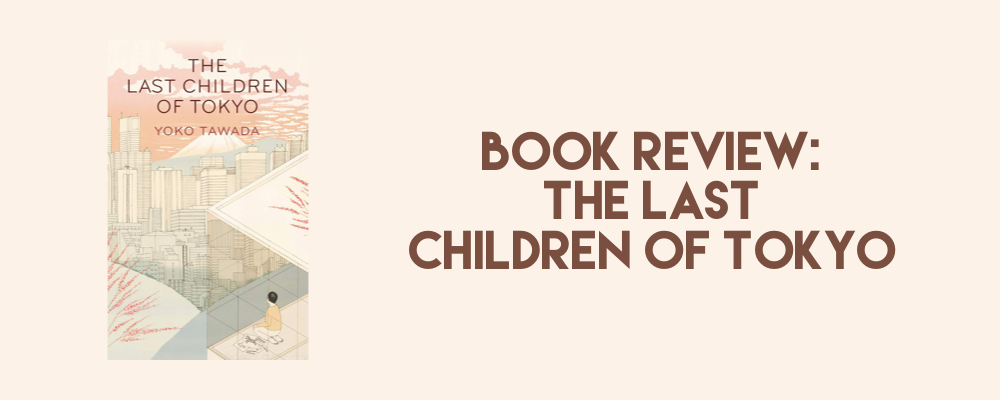Book Review: The Last Children of Tokyo
As you all may know I absolutely love Japanese Literature, so this latest read should be of no surprise. I received a copy of The Last Children of Tokyo, a newly published translation of Yoko Tawada’s book 献灯使 from NetGalley, and I was blown away by how good it was.
The Last Children of Tokyo is set in a post-apocalyptic Japan that has closed it’s borders to the outside world and reverted back to a pre-tech age living style, where farming and other honest work is all carried out by older generations as the Children of Japan are becoming weaker and more sickly as years go by. It’s an intriguing premise that also stands up as a commentary on Japan’s current ageing population which is seeing the nations workforce decrease year after year.
The writing style of this short story is both sparse and rich in imagery and is told from the points of view of Mumei (one of the sickly children) and those around him, including his great-grandfather Yoshiro. These differing points of view between Mumei and Yoshiro study the implications of how the passing of time changes society. Throughout the story, Yoshiro tells Mumei much about the world before he was born and teaches him words that have long been abandoned.
I would like to say that this novella is most definitely not for everyone, plot-wise not much happens other than everyday life in this future society. The story evokes an atmosphere that is hard to explain but that’s definitely where the experience of reading The Last Children of Tokyo lies, so if subtle and meaningful literature is your style then this is a must read and it will leave you a little puzzled and disorientated after reading.

